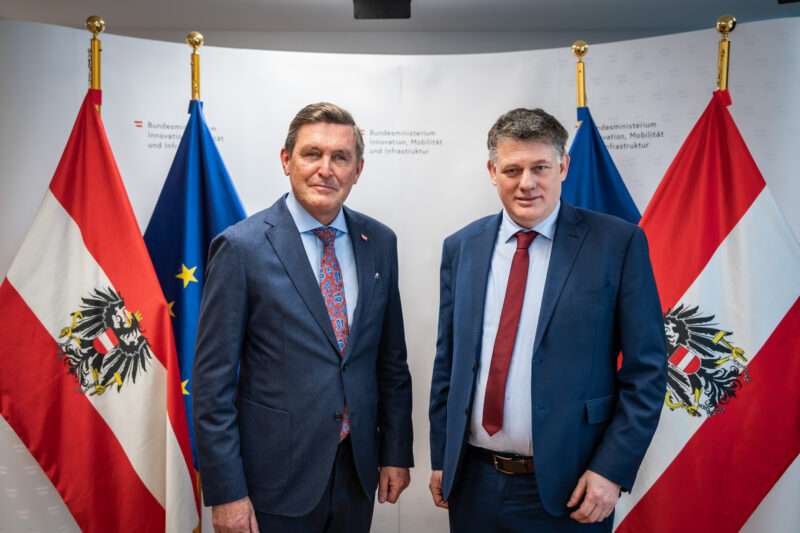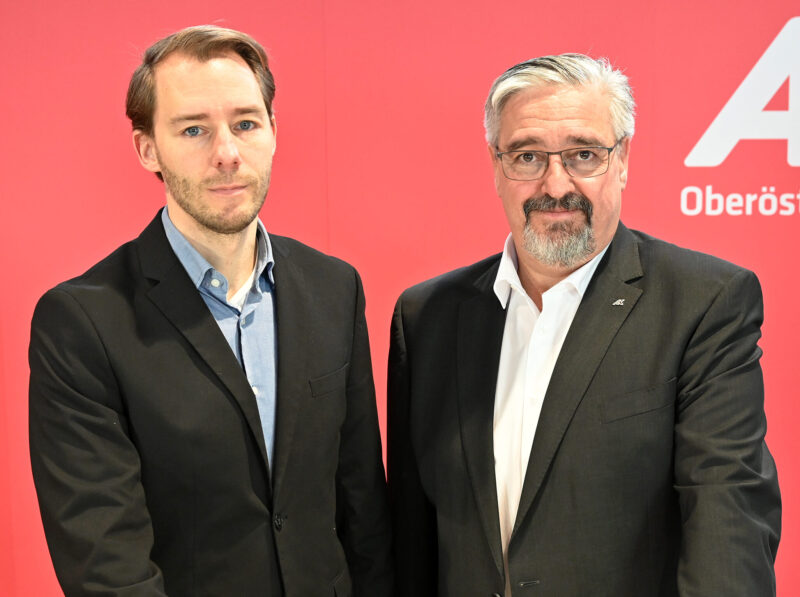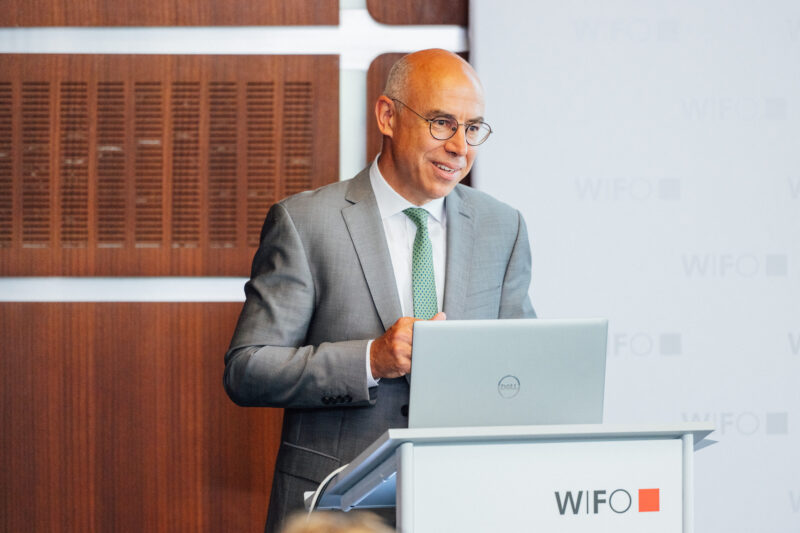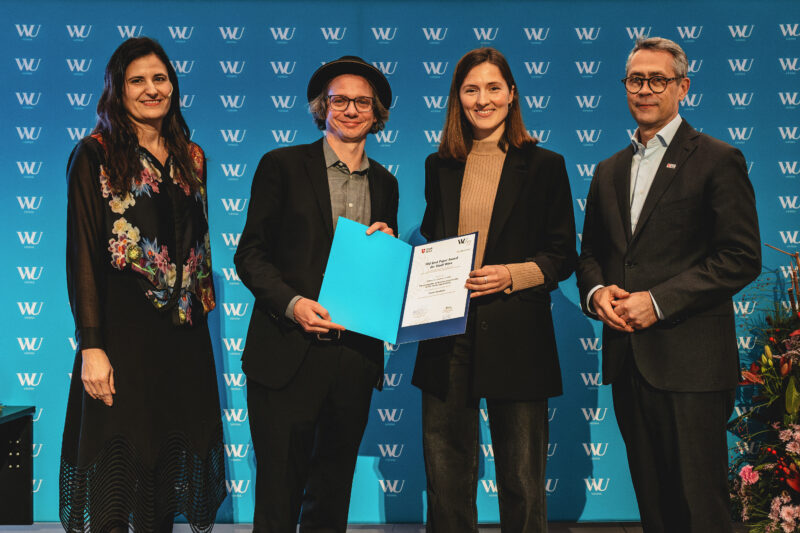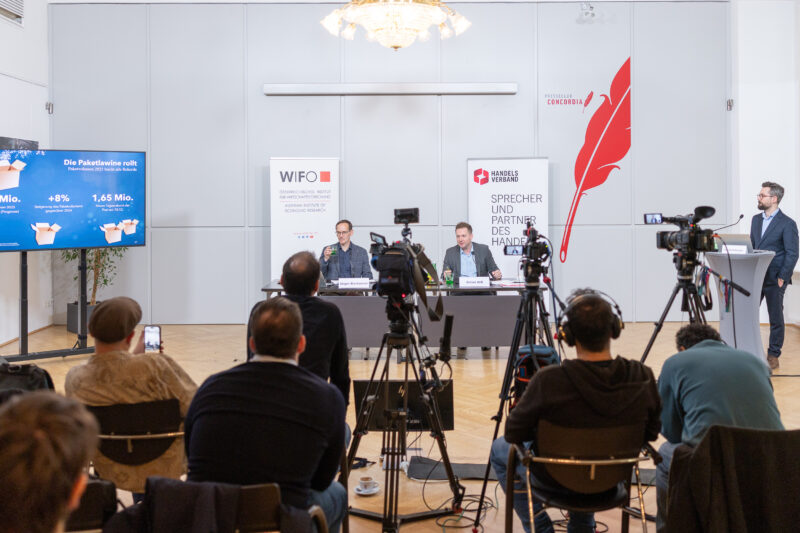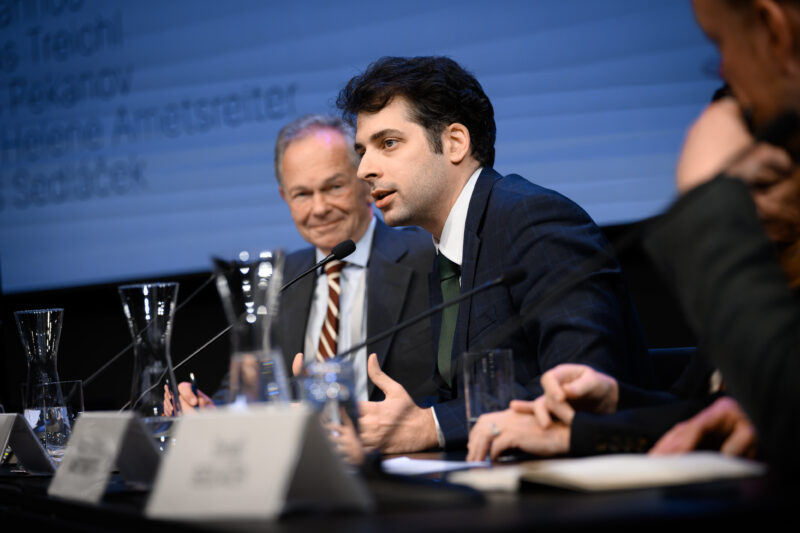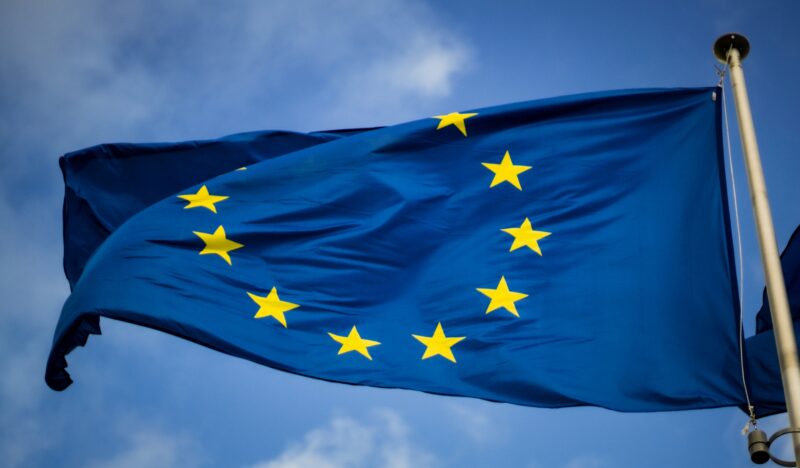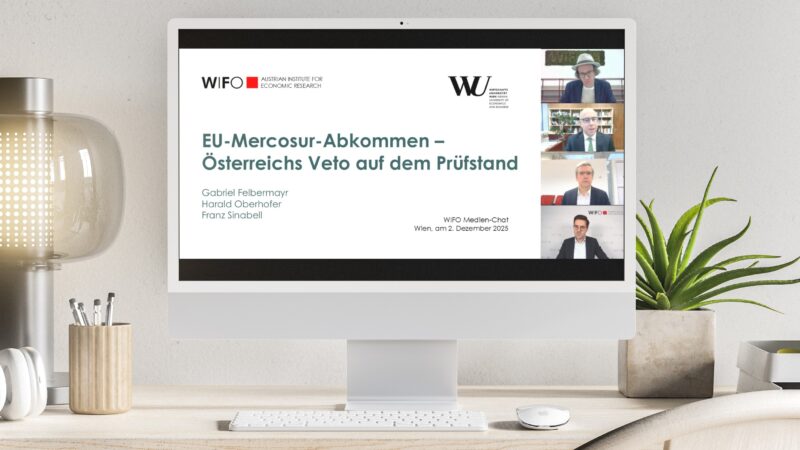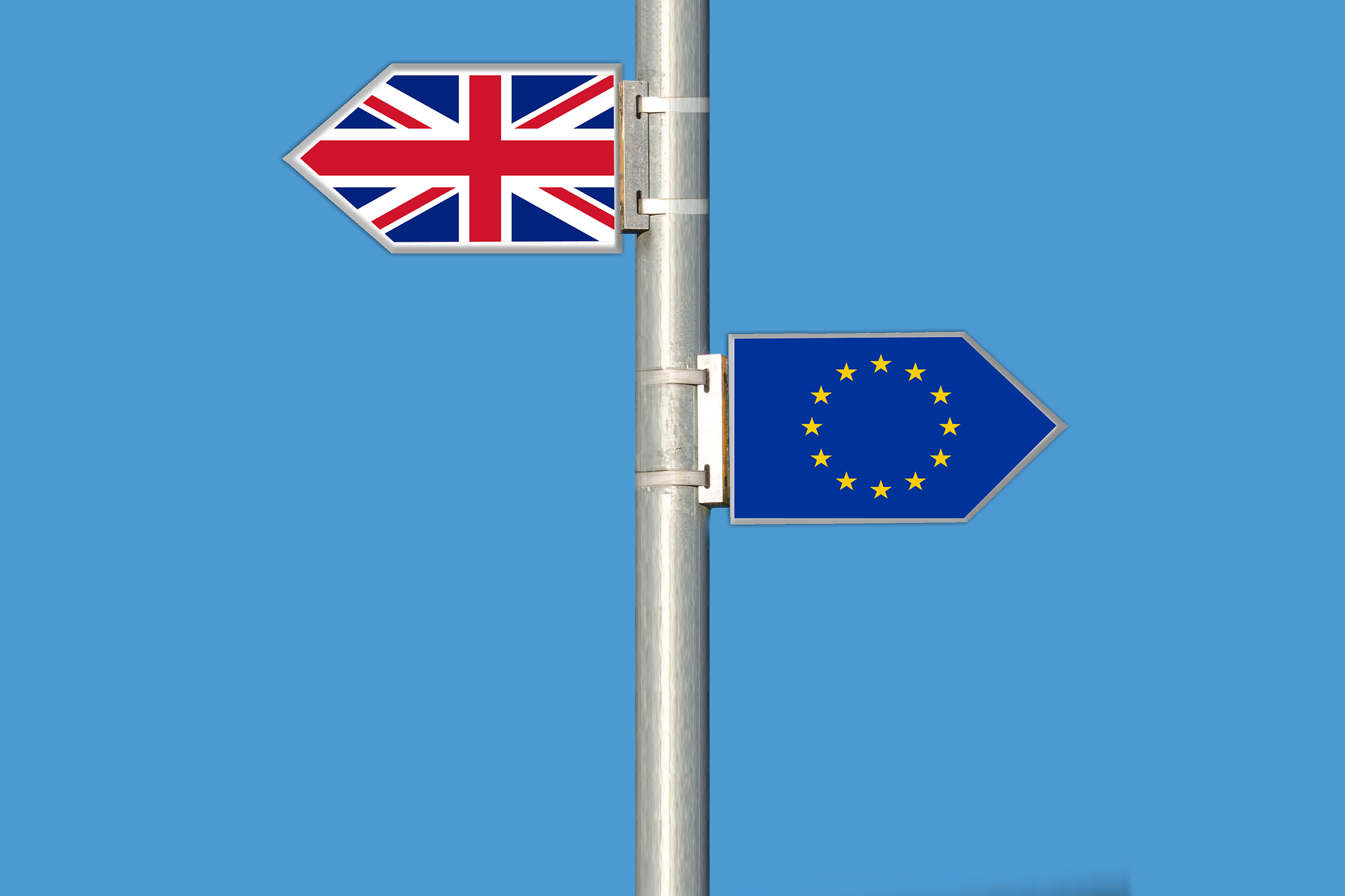
Brexit: A unique opportunity? – © pixabay.com
04.05.2017
Brexit as opportunity to reform the EU budget
1.EU Member States should seize the unique opportunity offered by the Brexit for a fundamental reform of EU expenditures.
EU expenditures should only target policy areas in which Member States’ un-coordinated actions will be insufficient or policy areas in which common European interests are at stake. Sustainability-oriented tax-based own resources could act as a catalyst to secure the agreement of net contributor countries to uphold the current expenditure level.
The current discussion about the EU budget after the Brexit strongly focuses on its future volume and the effects on national contributions. At the same time, however, the Brexit offers a unique opportunity for fundamental sustainability-oriented structural reforms of the EU budget. To create more European value added with a focus on sustainability, overall agricultural expenditures should be reduced and greened; cohesion funds should be shifted more effectively from „richer“ to „poorer“ Member States and coupled more strongly to climate and employment goals as well as a pro-active migration and integration policy; and expenditures for sustainability-oriented research and infrastructure should be increased.
By replacing national EU contributions with sustainability-oriented tax-based own resources like an EU-wide carbon-based flight ticket tax, a net wealth tax, a financial transactions tax and a Common (Consolidated) Corporate Tax Base, the EU system of own resources can support central EU goals. Whether the Brexit is really able to support future-oriented reforms of the EU budget will eventually depend on how Member States will adapt to the expected revenue shortfall of € 10 billion annually: by increasing national contributions or introducing additional revenue sources; by expenditure cuts; or by a combination of these two options. Substituting a substantial share of national contributions by sustainability-oriented tax-based own resources may act as a catalyst to secure the agreement of net contributor countries to uphold the current expenditure level in exchange for far-reaching reforms of the expenditure structure.
Link to full article: Austrian Society for European Politics
By replacing national EU contributions with sustainability-oriented tax-based own resources like an EU-wide carbon-based flight ticket tax, a net wealth tax, a financial transactions tax and a Common (Consolidated) Corporate Tax Base, the EU system of own resources can support central EU goals. Whether the Brexit is really able to support future-oriented reforms of the EU budget will eventually depend on how Member States will adapt to the expected revenue shortfall of € 10 billion annually: by increasing national contributions or introducing additional revenue sources; by expenditure cuts; or by a combination of these two options. Substituting a substantial share of national contributions by sustainability-oriented tax-based own resources may act as a catalyst to secure the agreement of net contributor countries to uphold the current expenditure level in exchange for far-reaching reforms of the expenditure structure.
Link to full article: Austrian Society for European Politics


